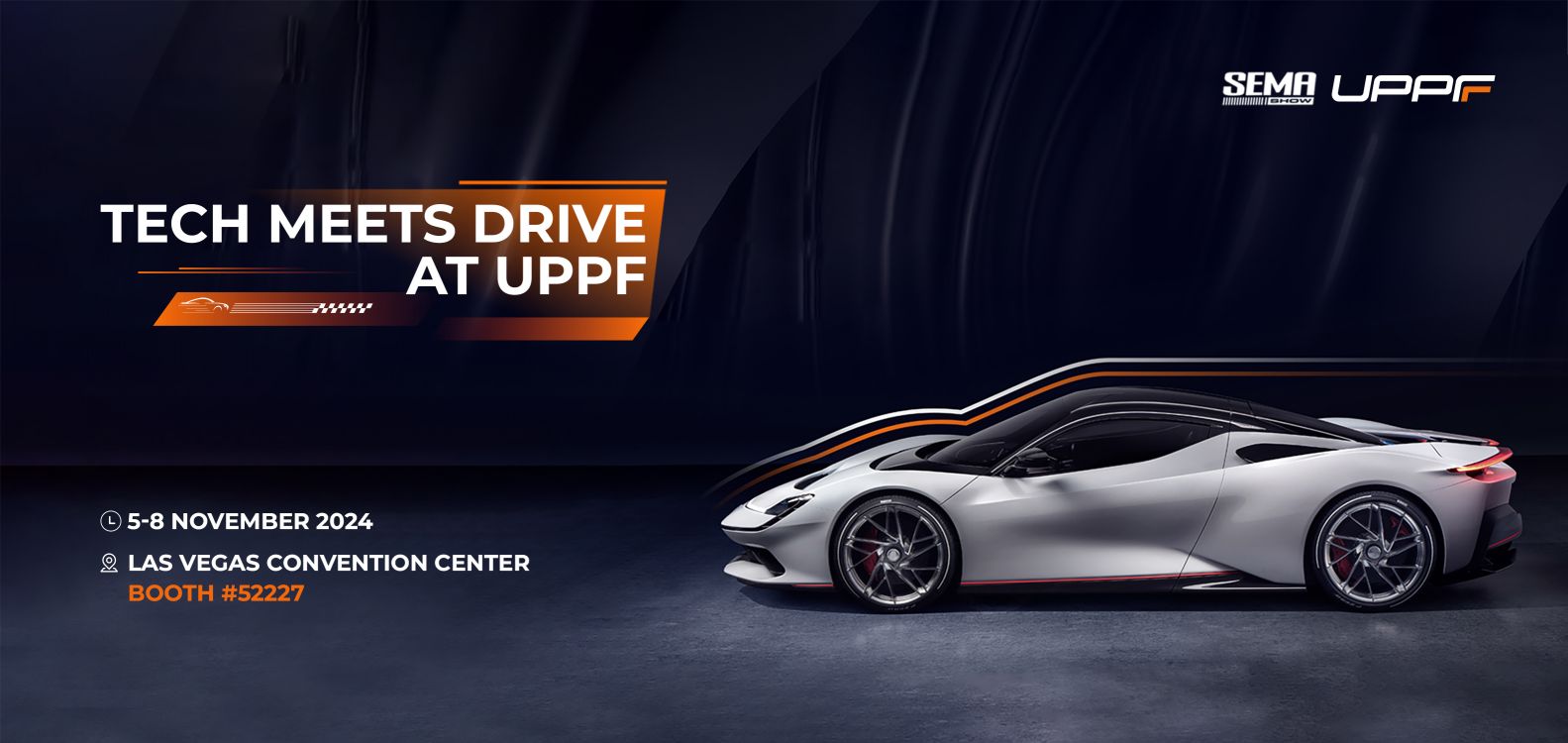The customers that most often use PPF is people who have just acquired a new car. The paintwork is in the best condition at this time and being protected means being maintained in this condition.
When buying a used car, it is likely that the used car's paintwork is no longer in the best condition. At this point, the following questions need to be considered as to whether or not to apply PPF.
1. What does this car mean to you?
2. What is the condition of the paintwork?
3. Would you consider selling the car again?
1.
Maybe you didn’t quite have the money when the car was brand new, or maybe it wasn’t on the market at the time you were last looking for a car. Maybe you’ve only discovered this model or this make. It might even be that you just love the lines from a more vintage model than what you could drive off the lot today. Whatever the reason, you’ve just bought a car that isn’t brand new.
Sometimes, a car is just a car. At other times, it’s much, much more. If you love this car, though, then it could very well be worth your time and money to keep it in great condition.
sometimes people buy older cars because they like the style of the model more. It may not be a collectors’ item, but you might just love the lines on the vehicle more than newer models. If that’s the case, then you’ll probably want to take care of the car.
When you genuinely love the car and want to maintain the exterior beauty of the car, PPF is the choice that makes sense for you.
UPPF is able to offer model-compliant PPF cuts that will give every detail of the vehicle up to 10 years of protection. We will also provide advice on the ideal maintenance for your vehicle.
2.
If the car’s in rough condition already, then PPF may not be worth the investment.
Why? PPF can’t protect the paint job from damage that’s already happened. It can protect it from future damage. In some cases, though, applying PPF could make existing damage more apparent.
It might also be more work for the technicians to apply the film. That can run up the costs, which in turn makes it harder to recover the money invested in PPF.
If there are only a couple of scratches or a rock chip or two, then it might be worth investing in PPF to prevent further damage.
A related question to ask is how much you’re willing to put into the paint job on this car. If you’re planning to get the car sanded down and repainted in the near future, then it might not make sense to put PPF on the car yet.
PPF is definitely worth installing after having the car repainted. PPF will protect the vehicle’s new paint job from future damage, so your investment in repainting will keep your car looking great longer.
3.
PPF can increase the resale value of a vehicle. If you don't plan to sell the car in the future, or if you plan to strip it down for parts at the end of its life, then adding PPF may not make much sense.
If you are considering selling the car at some point in the future, then PPF is a sensible option. PPF protects the car's paintwork and keeps it looking good. In turn, this can increase the resale value.
The paint protection film lends itself to increasing the value of the vehicle. This is because potential buyers know that there is already built-in protection on the vehicle. They don't need to add it by themselves.
Some vehicles hold their value very well over time, especially if they are maintained in good condition. Classic cars and limited production models will increase in value over time. This is a particularly good reason to invest in a PPF.
If the car is to be sold in the future, it is always a wise move to take steps to help it retain or increase in value.
Summary
PPF is not an inexpensive way to maintain your car and whether or not to install it on your car needs to be considered in many ways. When the final answer is yes, you can choose to contact us for UPPF products that will give your car strong protection.









